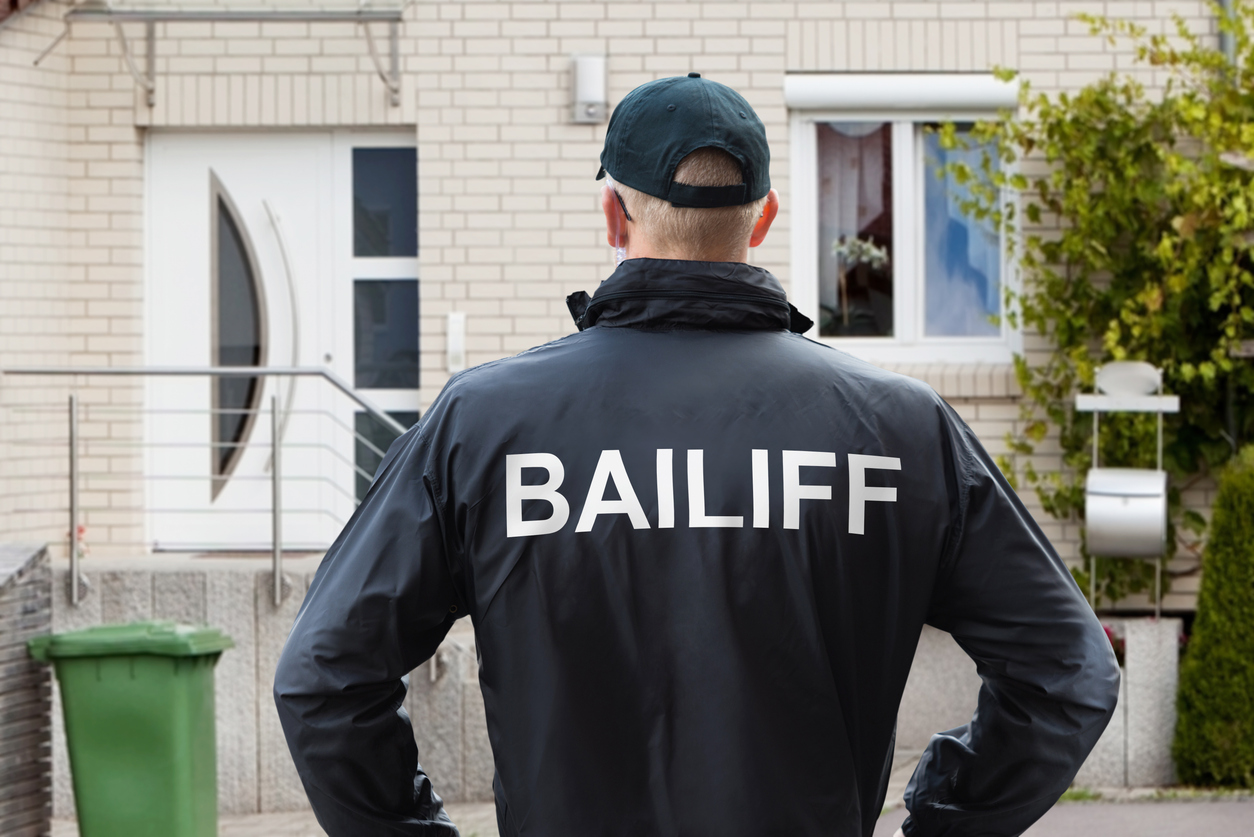This week, a leading Russian expert on countering terrorism, Joseph Linder said that following the attack on London Bridge, Britain should extradite thousands of people. With today’s general election, this is a sensitive matter to approach the public with.
According to The Sun, he said: “The political leadership of England must take radical measures. But ahead of the election, no-one will dare introduce tough total counter-terrorism measures that would mean extradition operations to send a huge number of people out.
“It is almost impossible to monitor migrants in the current situation, but the UK authorities do not want to take responsibility for extraditing thousands of people.”
Below Aleksandra Kowalik, British & Polish immigration and human rights lawyer, explains to Lawyer Monthly that extradition is not as simple as it sounds in these words, but in fact crosses intentions with deportation and leave this whole matter confusing in the eyes of the public, particular pre-election.
“You must not lose faith in humanity. Humanity is an ocean; if a few drops of the ocean are dirty, the ocean does not become dirty.” - (M. Gandhi).
Any act of terrorism is a painful hit to any society and its innocent members - it should always be strongly underlined that there is no justification for targeting any human’s life due to any form of extremism, and one must bear in mind that often it is not about the death itself, but to intimidate the nations in order for them to become more vulnerable, and to limit widely understood human rights as this kind of society, namely the threatened society, is much is easier to be governed.
Respectfully, the idea in terms of an extradition of “thousands of extremists” does not appear to be understandable as extradition itself means that those thousands must have been chased by other judicial authorities to bring them to justice in order to face the criminal proceedings (non- conviction warrant) or serve the custodial sentence (in terms of a conviction warrant). Which means that if no request is issued by the other jurisdiction, the United Kingdom is not legally entitled to extradite anybody without the formal request from the issuing state. My understanding is that Mr Joseph Linder meant a “deportation” not an “extradition”.
Deportation, legally, is far away from an extradition and is governed by different rules.
Nevertheless, the basic question which should be answered is about the effectiveness of that solution. Mr Linder’s approach does not establish whether the extremist is British born, namely if the extremist is a British citizen - following that idea, where should the extremist be deported to then? One can only be deported to his own country.




















